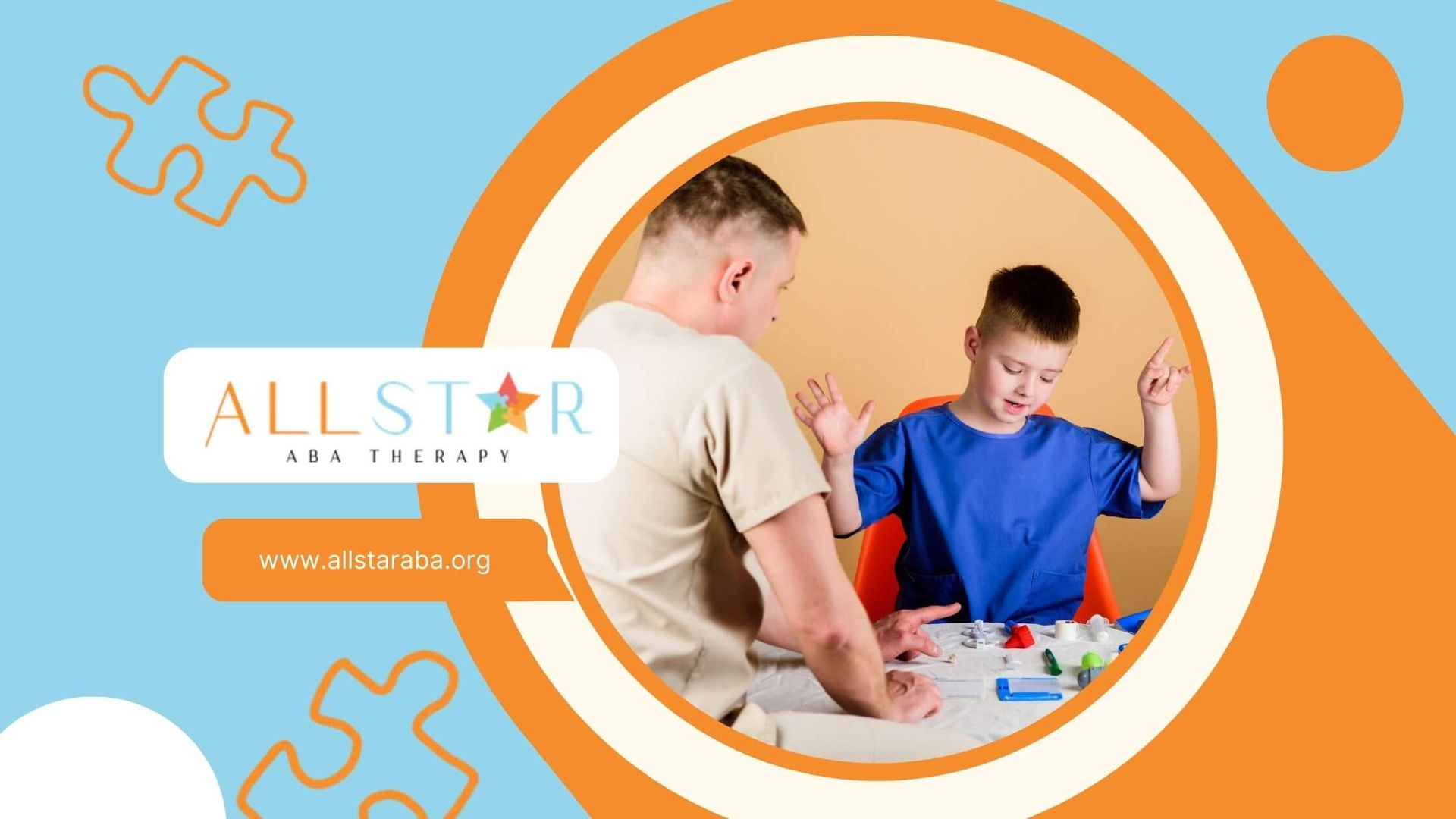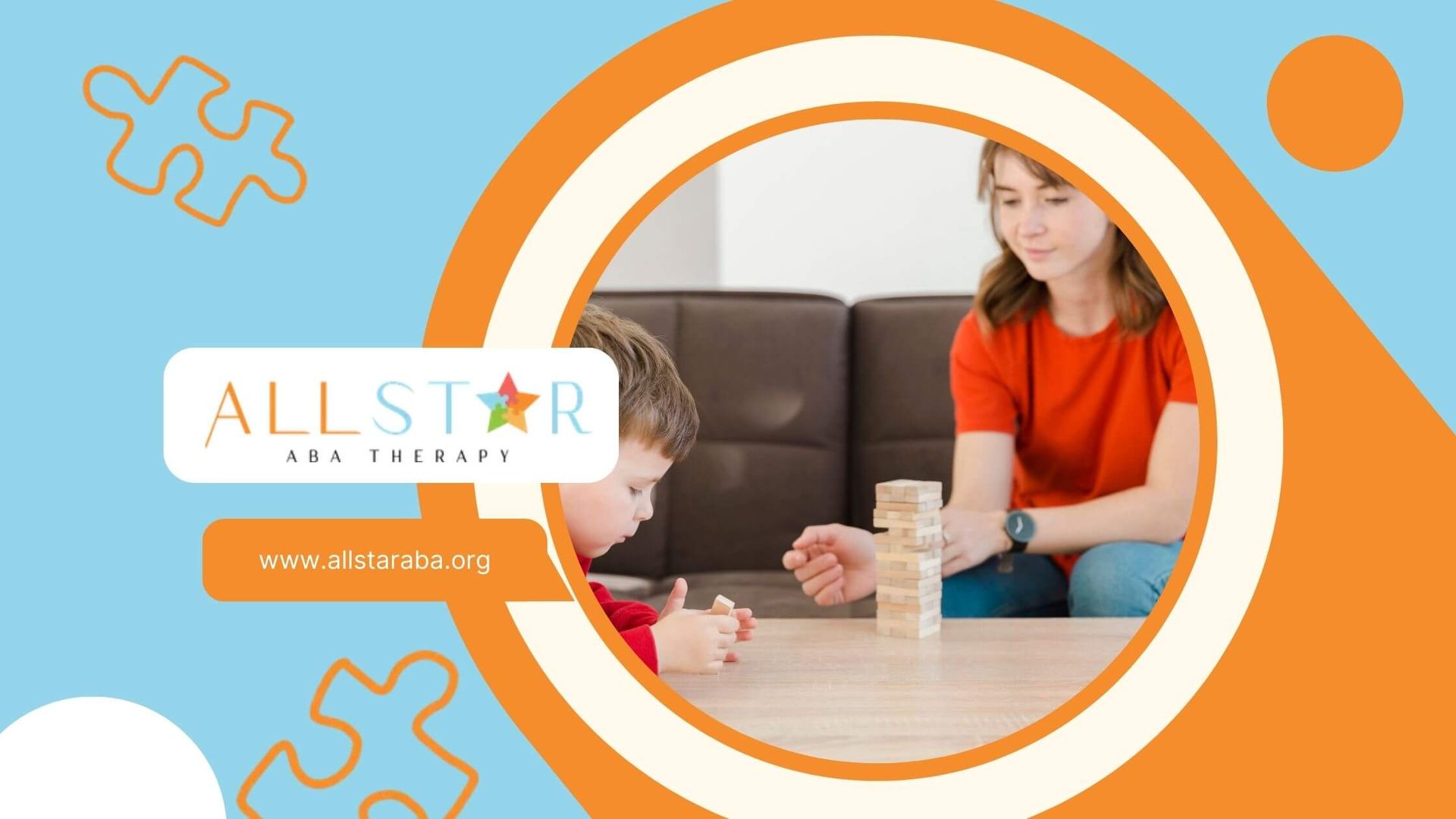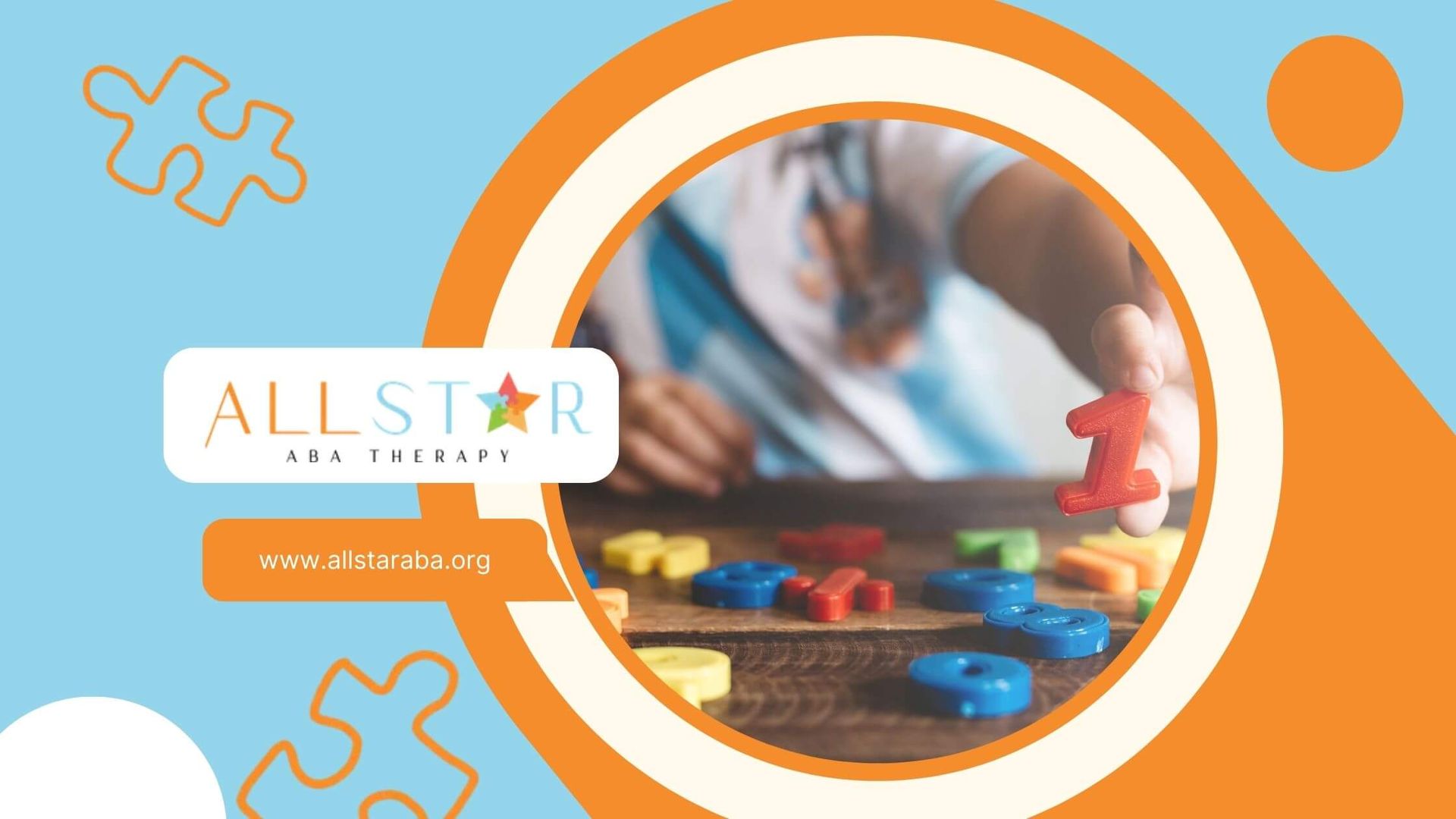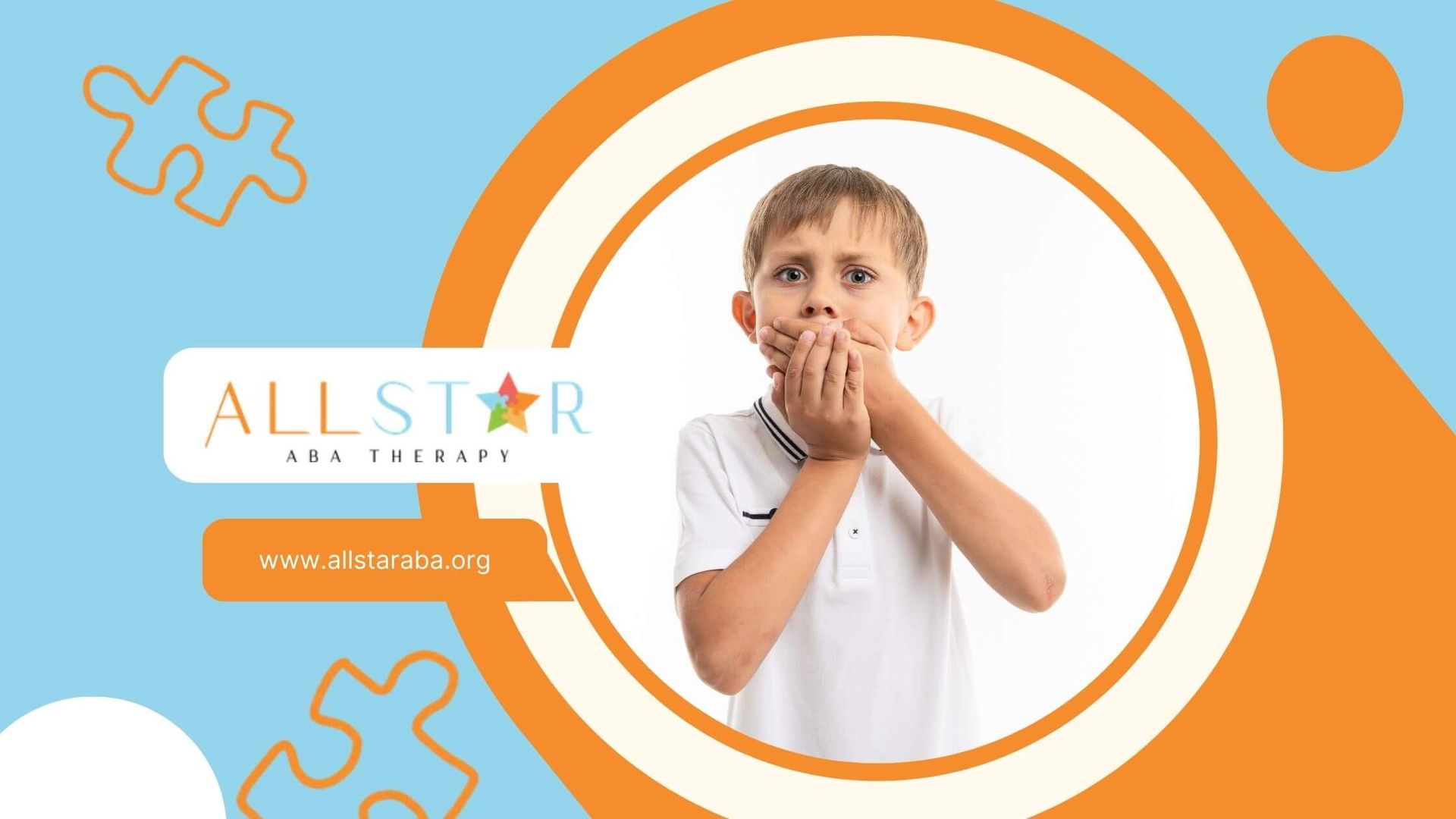New Paragraph
BACB Task List Breakdown
Key Highlights
- The BACB Task List is essential for aspiring behavior analysts.
- It outlines the knowledge needed for the BCBA exam.
- The Task List covers ethics, assessment, and intervention strategies.
- It is updated periodically to reflect advancements in behavior analysis.
- Mastering the Task List is crucial for success as a BCBA.
Introduction
This blog post discusses why the BACB Task List is important in behavior analysis. It is aimed at people who want to become applied behavior analysis (ABA) professionals. The post explains why the BCBA Task List is key. This list details the knowledge, skills, and abilities needed to be a Board Certified Behavior Analyst (BCBA).
Understanding the BACB Task List
The BACB Task List is a key document created by the Behavior Analyst Certification Board (BACB). It helps people who want to become behavior analysts. This list is important for the BCBA exam. It makes sure that those taking the exam have the right knowledge and skills.
The Task List includes many topics around behavior analysis. It looks at the ideas that form behavior analysis, key principles, assessment methods, types of interventions, and ethical issues.
The Task List has different sections. Each section focuses on a specific area in behavior analysis. These sections are designed to include the important knowledge needed for a skilled and ethical behavior analyst.
The Role of the BACB Task List in ABA Therapy
The
BCBA Task List is very important for making sure that applied behavior analysis (ABA) therapy is done well and ethically. It gives a clear guide for what knowledge and skills BCBAs need. This helps BCBAs understand the ideas behind behavior analysis fully. Having this standard knowledge is key for doing assessments, creating treatment plans, and running effective interventions that fit each person and are based on facts.
Also, the Task List focuses on ethics. This means that ABA therapists must follow high professional standards. This attention to ethical behavior helps protect the rights and well-being of the people who receive ABA services.
Evolution of the BACB Task List: From Inception to Current Edition
The BCBA Task List has changed many times since it started. These changes show how the field is growing and make sure it fits with the latest research and best practices. Each version adds to our understanding by including new findings and ways to practice in behavior analysis.
The 5th Edition Task List, which began in 2022, brought major updates that show how the field has advanced. In the future, the BACB will move to the 6th Edition Content Outline, which will begin in 2025. This new outline will keep the main ideas but will include updates and adjustments to some tasks and how the content is arranged. It will also change the name from "Task List" to "Test Content Outline", to show a wider focus for the exam.
Key Components of the BACB Task List Explained
The BACB Task List (5th edition) is split into nine parts. Each part covers a specific area that a BCBA needs to know. The sections are:
- Philosophical Underpinnings
- Concepts and Principles
- Measurement
- Data Display and Interpretation
- Experimental Design
- Ethics
- Behavior Assessment
- Behavior-Change Procedures
- Selecting and Implementing Interventions
- Personnel Supervision and Management
This clear structure helps people understand behavior analysis. It shows how theory and practical skills are connected.
Philosophical Underpinnings of Behavior Analysis
The philosophical foundations of behavior analysis are based on radical behaviorism. This view focuses on studying visible behavior and how it relates to events in the environment. For behavior analysts, knowing about radical behaviorism is very important. It helps them see how behavior is learned, kept, and changed.
Some key ideas in this area include basic principles of behavior analysis. This includes things like reinforcement, punishment, extinction, and stimulus control. By understanding these key principles, behavior analysts can look at behavior patterns and create special plans to help individuals.
Core Principles and Concepts in ABA
Core principles in ABA cover many important topics for good practice. BCBAs must understand schedules of reinforcement, types of punishment, generalization methods, and how motivating factors work. These principles help shape intervention strategies. These strategies focus on increasing good behaviors and reducing unwanted ones.
To use these ideas well, BCBAs need a strong grasp of the science of behavior. They should keep up with scientific evidence and the best methods in the field. This ensures their work is ethical, effective, and based on the latest research.
Implementing the BACB Task List in Practice
The BACB Task List is more than just a theory. It serves as a helpful guide for behavior analysts in their daily jobs. People use its principles in many places, like schools, homes, and clinics. BCBAs count on the knowledge in the Task List when they do assessments, create plans, or supervise other professionals.
The Task List also helps with case planning, looking at data, and making ethical choices. Its influence goes beyond just testing; it affects how BCBAs do their work every day.
Techniques for Assessment and Intervention Planning
Effective assessment and planning are very important in behavior analysis. The BACB Task List points out that functional assessment is key. This process looks at the things that happen before and after a behavior to see what keeps it going. Behavior analysts collect functional assessment data by using direct observation, interviews, and record reviews. This helps them understand the reason behind the behavior.
After finding out why a behavior occurs, BCBAs create personalized intervention plans using the assessment results. These plans include clear strategies to teach new skills. They aim to increase positive behaviors and lower negative ones.
Ethics and Professional Conduct in ABA
Ethics and how we behave professionally are very important in ABA. The BACB Task List highlights how crucial it is to follow the Ethics Code for Behavior Analysts. This code has rules that guide professional conduct and helps ensure that ABA services are offered in an ethical and responsible way.
Behavior analysts must put their clients' well-being and rights first. They need to get informed consent, keep information private, avoid conflicts of interest, and use behavioral methods carefully. The Ethics Code, as mentioned in the Task List, creates a guide to help deal with ethical challenges and support the delivery of ethical and effective behavioral services.
Conclusion
In conclusion, knowing the BACB Task List is important for people working in ABA therapy. Each part, from its guiding ideas to key rules and ethical issues, matters when planning interventions and behaving professionally. When therapists learn this list well, they can improve their assessment methods and better help those with ASD. There are regular updates and resources available to make sure therapists are up-to-date and skilled in their jobs. Preparing for the BACB certification exam with the task list is essential for growing in this field. For parents and teachers, using the BACB Task List can help support children with ASD and promote good results in their growth.
Frequently Asked Questions
How can parents and educators use the BACB Task List to support children with ASD?
The BCBA Task List is meant for professionals. However, parents and teachers can also use it. They can learn the basic ideas of ABA. This knowledge helps them to find good ways to support children. It also allows them to stand up for best practices when implementing ABA for children with autism.
What are the major changes in the latest edition of the BACB Task List?
The latest version is moving to the 6th Edition Content Outline. This edition focuses more on understanding big ideas rather than just specific tasks. It also tries to spread the exam content more evenly than the 5th Edition and the previous BCBA Task List.
How often is the BACB Task List updated, and why?
The BCBA Task List is changed from time to time. This shows the changes in the science of behavior. These updates keep the certification process and BCBA test content up to date. It makes sure they match the newest research, ethical ideas, and good practices. This task list is the main part or basis of behavior analysis work.
Where can ABA therapists find resources for mastering the BACB Task List?
ABA therapists can get resources to master the BCBA Task List. You can check the BACB website. Reputable study manuals are also helpful. Online study groups and workshops offered by behavior analysis organizations are useful too.
Need Support?
We're Here to Help!
Our experienced team is ready to assist you. Reach out today to discuss how we can support your child's development and well-being.
Get started with expert ABA therapy today.








